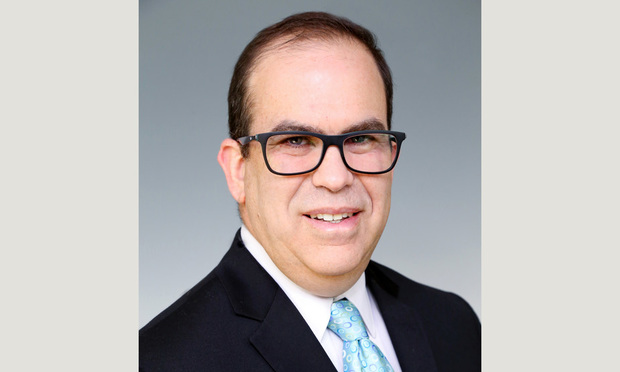I have practiced trust and estate law for over 30 years and like any estate planning attorney in Pennsylvania, I have a long-established routine for clients signing wills. The client signs the will in the presence of two adult, disinterested witnesses and a notary. The witnesses then sign the will as subscribing witnesses to facilitate future probate under 20 Pa.C.S. Section 3132. The testator and the witnesses also sign an acknowledgment and affidavit to make the will self-proving under 20 Pa.C.S. Section 3132.1 so that when the time comes to probate the will, there will be no need to produce witnesses at the Register of Wills. In most cases, signings occur in the office. For clients who are unable to travel, I occasionally will bring along a notary from the office and conduct the will signing in the client’s home. Alternatively, an attorney may attend the signing without a notary present and then the attorney makes an affidavit before a notary. It is a time-tested, simple, reliable procedure.
Then the COVID-19 pandemic exploded and as part of the public health emergency, our offices have closed, and we and our clients are being ordered to stay in our homes except for going out for life-sustaining reasons. Thanks to modern technologies, we can communicate with clients, draft documents, access our office servers and send documents to clients by email or other electronic means. However, it is now difficult to impossible to follow the usual process of wills being signed, witnessed and notarized. Under the current Pennsylvania law, notarization requires that the person signing a document be physically present before the notary with an exception for an attorney being present to witness the signing who then makes an affidavit before a notary. There have been articles published about passing documents back and forth through a window at clients’ homes or in parking lots with the notary in the car but even that system can transmit the virus via the paper of the documents since the virus can survive on surfaces for some time. Even such limited exposure is risky, particularly for clients who are elderly or have prior health problems or who have such persons living in their homes.


 Stephen Asbel, with Reger Rizzo Darnall.
Stephen Asbel, with Reger Rizzo Darnall.




